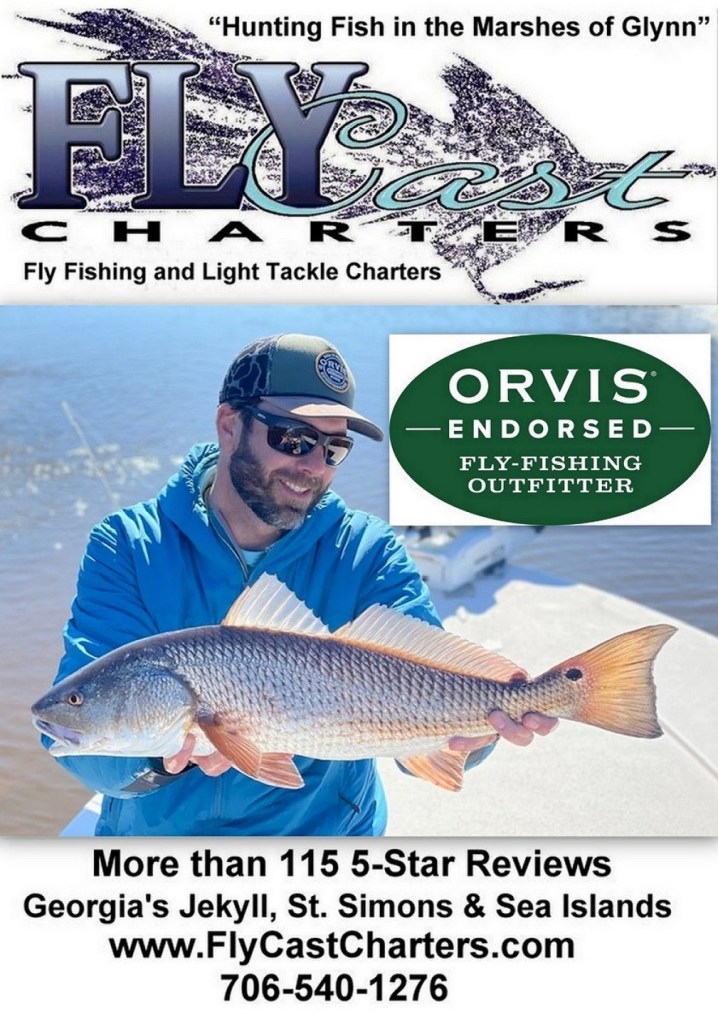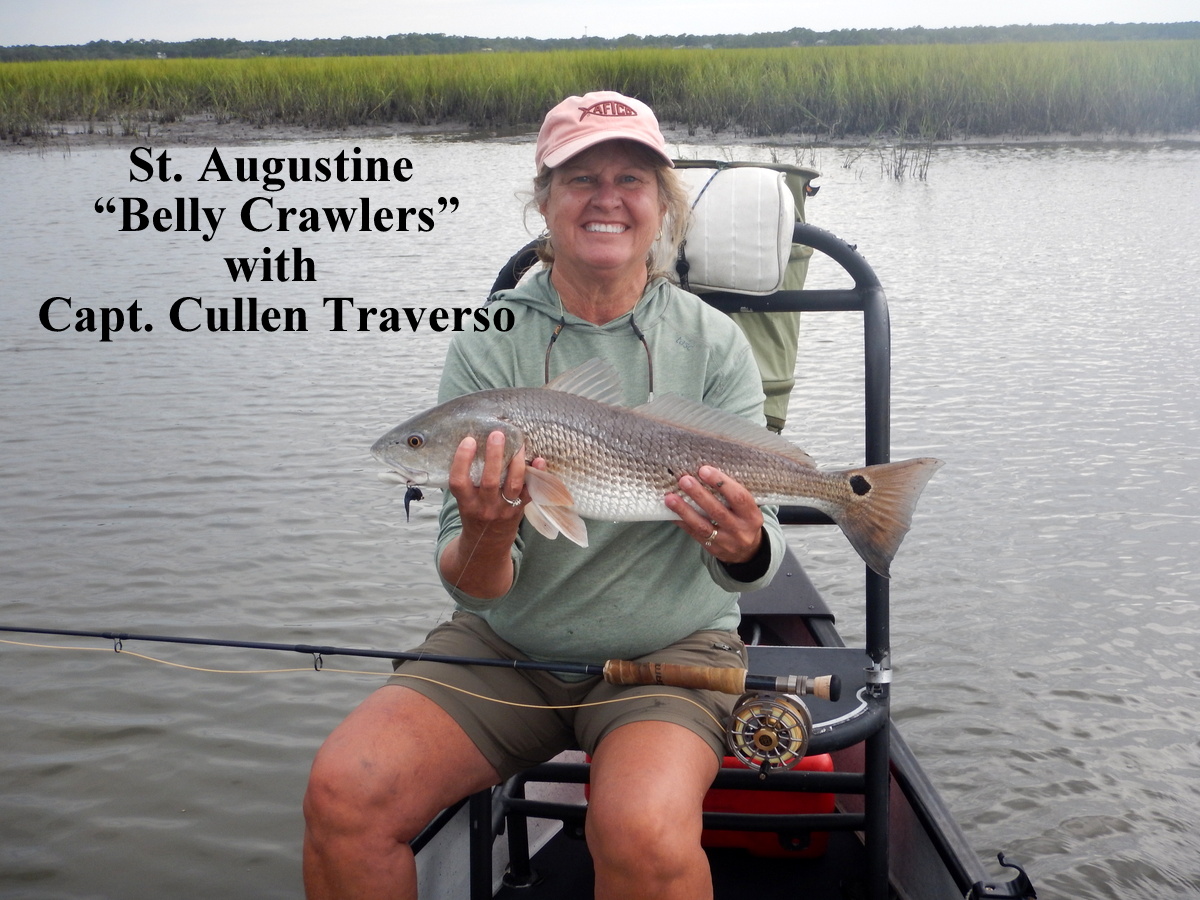North Andros Island, The Bahamas
Featured photo by Jimmy Jacobs
End of the Line

This university located on Andros Island makes great strides in providing a solution for the impending shortage of flats fishing guides.
October 2022
By Polly Dean
The Bahamas Agriculture and Marine Science Institute (BAMSI), in conjunction with the Ministry of Tourism, is doing its share to ensure there will be competent and skilled fly-fishing guides for the future. Flats guiding currently is a profession that is diminishing, as the older generation of Bahamian guides declines in numbers. The Bahamas Ministry of Tourism had recognized the problem as they have recently promoted the valuable resource they have with the islands’ bountiful flats. These bonefish flats increasingly attract anglers and visitors to the blue pristine waters, and white sandy beaches of the country’s unspoiled islands.

BAMSI’s Flats Fishing program is a National Flats Fishing Guides Certification course. It’s designed to train its participants to become freelance flats-fishing guides or prepares them to work with a fishing lodge.
By teaching the technical, professional and entrepreneurial skills needed to earn a living through guiding, this program contributes economically to Bahamians and their communities by helping to ensure the future of fishing tourism.
The program is divided into 12 “modules” or areas of expertise. Besides basic skills that pertain to fishing, the program offers a strong scientific component that provides an understanding of fish biology and behavior, as well as marine environment and conservation. Business, computer skills and basic marketing and entrepreneurship are also taught. Additionally, participants learn skills in hospitality and boat maintenance.
Individuals that already have some experience in the field have the opportunity to sharpen their skills and to obtain additional certifications such as: Bahama Host, Captain’s License Class “B” with Standards of Training, Certification and Watchkeeping (STCW). The STCW is a worldwide convention that ensures a standard of safety training is achieved across all countries. An internship period is also required.
Skills that pertain to the actual fishing portion of their expertise include casting and poling techniques, fly-tying, and conservation practices.

Dr. Raveenia Roberts-Hanna is the Executive Director of BAMSI. She takes pride in the strides the institute has made since its opening nearly a decade ago. The school’s motto “Feeding Minds, Growing Greatness” reflects their accomplishment as being the premier tertiary institution for agriculture and marine science in the Bahamas.
Students in the Flats Fishing Program, along with the other programs offered, extend their learning beyond the classroom through internships and service learning, as well involvement in one of the many student organizations. Classes are small, affordable and highly interactive. Dr. Hanna, a warm, friendly woman with a motherly pride in her position, mentioned to us in a teasing manner that students seem to be in no hurry to leave, often living and staying on the campus longer than required.

Glaister Wallace is an instructor for the Flats Fishing Guide Certification program. He has a background of guiding for 33 years, starting at the age of 16 at the Andros Island Bonefish Club. His enthusiasm spills out as he talks about the program and the associated skills the course offers to find success in the profession of being a fishing guide. He is often in demand, as he selflessly gives extra time to his students.
This is a worthwhile program in that it provides a viable way for young Bahamians to earn a quality living, while remaining on their home islands. It also serves to help the communities by attracting valuable tourism dollars to the Bahamas. This goes a long way in ensuring that future generations can establish a livelihood where they were raised rather, than being tempted to leave their home country.
The enthusiasm for the program is evident by the surrounding communities and islands, and even fishing lodges that are already vying for graduates of the program.





